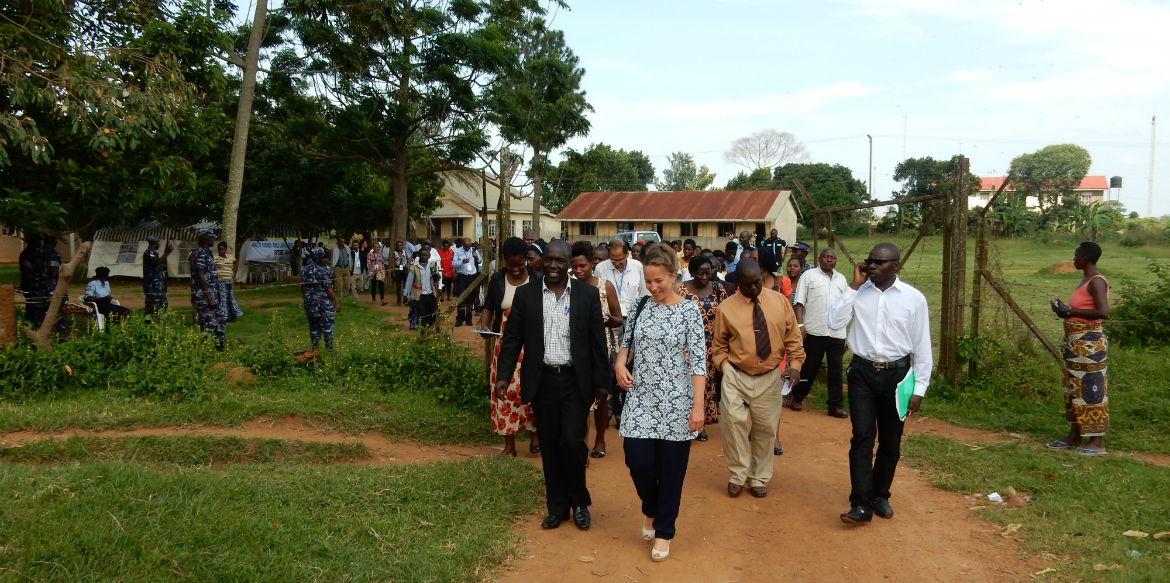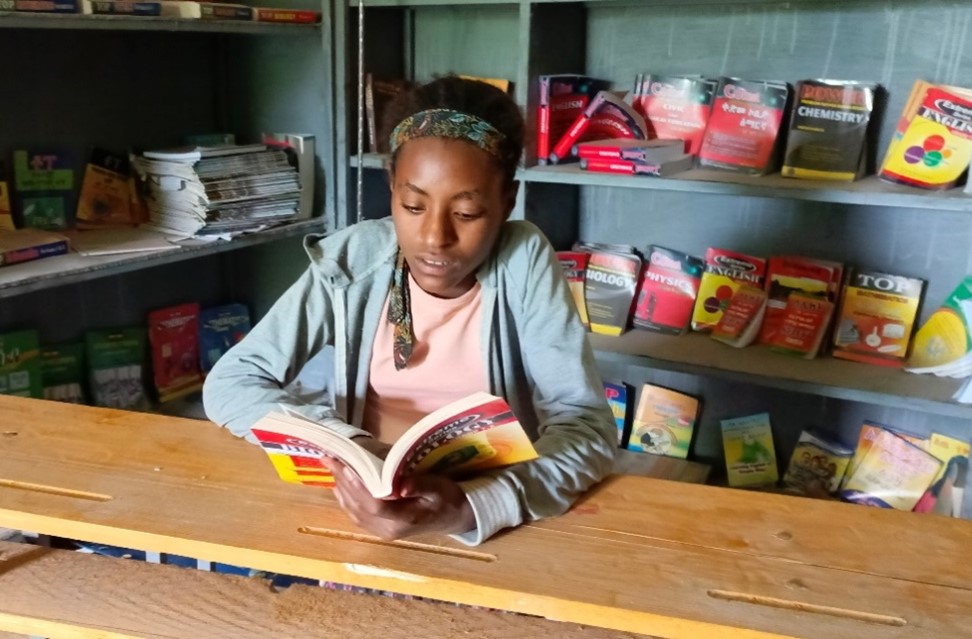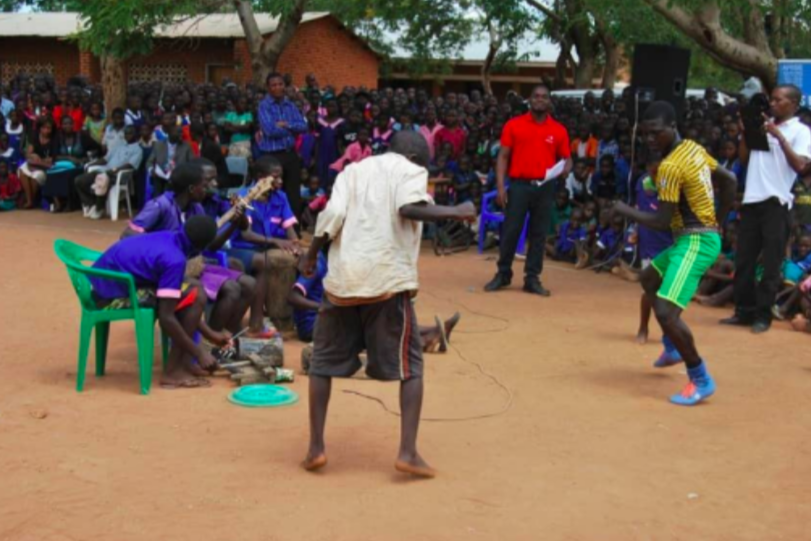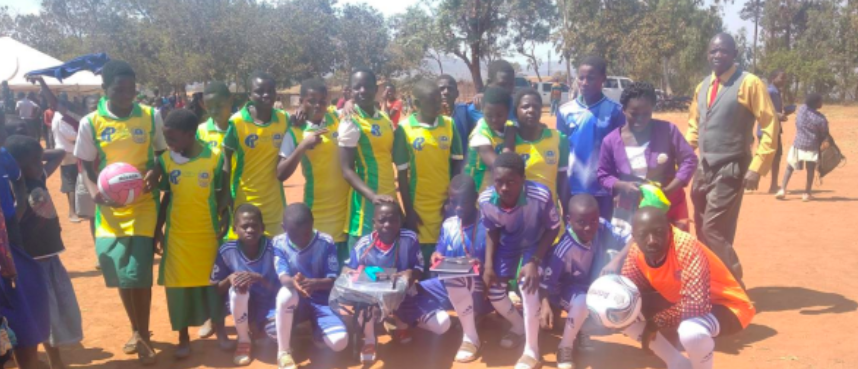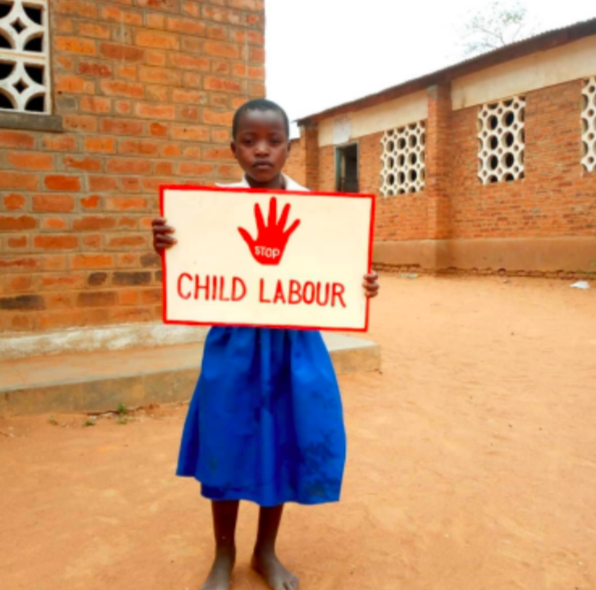Child labour free zones (CLFZ) are geographical areas where all children are systematically being withdrawn from labour and (re)integrated into formal, full-time schools. Over the last three years, in Uganda, Kenya, Ethiopia, Zimbabwe, Ghana and Morocco child labour free zones have been established and in Mali, Senegal and Burkina Faso preparations have been made for the implementation of CLFZ.
Different strategies have been tested and resulted in thousands of children out of work and into school. Many more thousands of children as well as adults have benefited from the project interventions, for example through awareness raising, school environment improvement, adult literacy programmes, adult Income Generating Activities (IGA), savings initiatives, and lobby and advocacy on community, district and national level.
The experiences and lessons learned over this period of time have resulted in a handbook ‘5×5 Stepping Stones towards creating Child Labour Free Zones’. This handbook serves as a source of inspiration for others who want to support and/or adopt the same area based approach towards CLFZ.
The handbook was presented to the State Minister for Youth and Children during a festive ceremony in Kigungu, area that will be symbolically declared child labour free by the Mayor of Entebbe. Sofie Ovaa, International Coordinator of the Stop Child Labour movement: “We are happy and proud to be here together with so many partners from across Africa and the community members in Kigungu to celebrate our joint efforts and achievements. The child labour free zone in Kigungu is a hopeful development towards realizing children’s rights in Uganda and the rest of Africa”.
In Uganda, Stop Child Labour partners are the Uganda National Teachers’ Union (UNATU), Kids in Need (KIN) and the African Network for the Prevention and Protection Against Child Abuse and Neglect (ANPPCAN – Uganda Chapter). Together they have realized impressive results on eliminating all forms of child labour and (re)integrating children in formal schools in their project areas. Moreover, they have mobilized government support to scale up efforts at national level.

